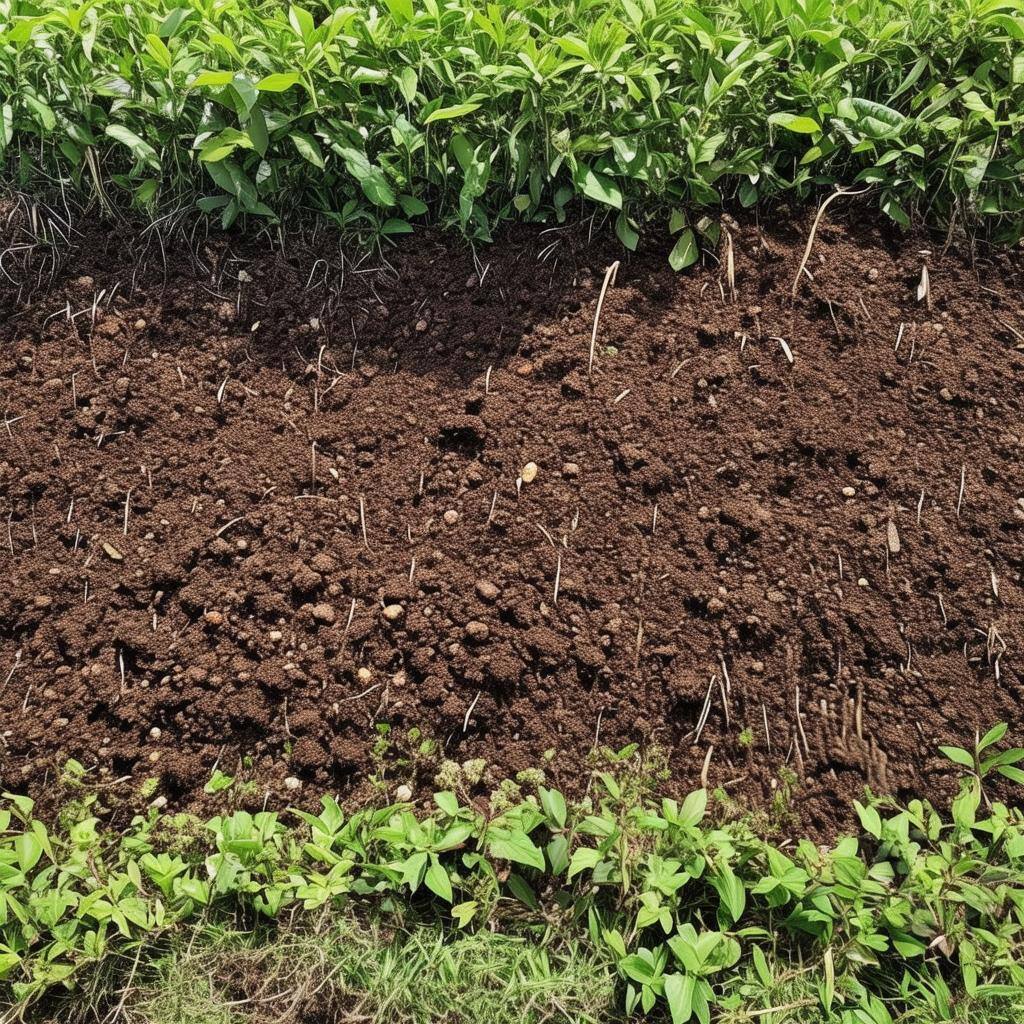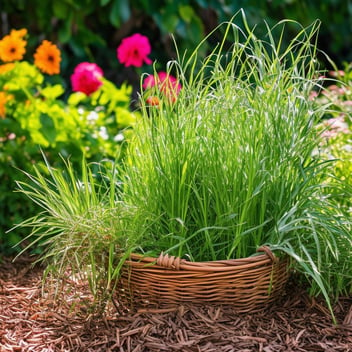Boosting Soil Health: A Beginner’s Guide for South East Queensland
Introduction
In the verdant landscapes of South East Queensland (SEQ), the vitality of your garden hinges on the health of its soil. A robust soil foundation not only nurtures plant growth but also fortifies resilience against pests and diseases. However, SEQ's unique climatic conditions and soil compositions present distinct challenges that gardeners must navigate to cultivate thriving green spaces.
Identifying Your Soil Type
Understanding the specific soil type in your garden is the first step toward effective soil management. SEQ predominantly features sandy soils along coastal areas and heavier clay soils inland. To determine your soil composition, perform a simple test: moisten a handful of soil and attempt to form a ball. If it crumbles easily, you have sandy soil; if it holds together firmly, it's clay. This knowledge is crucial as it influences water retention, nutrient availability, and the choice of appropriate soil amendments.
Improving Soil Structure
A well-structured soil facilitates root penetration and efficient water movement. In SEQ, soil compaction is a common issue, particularly in clay soils, leading to poor drainage and restricted root growth. To alleviate compaction, consider practices such as deep tilling or the incorporation of gypsum, which can help to break up compacted layers and improve aeration. Additionally, integrating organic matter like compost can enhance soil aggregation, promoting a more friable and workable soil structure.
Enhancing Soil Fertility
Soil fertility is paramount for vigorous plant growth. Incorporating organic matter, such as well-rotted manure or compost, enriches the soil with essential nutrients and improves its capacity to retain moisture. Regularly adding these materials fosters a dynamic and fertile environment, supporting robust plant development and increasing resilience against environmental stresses.
Managing Soil pH Levels
Soil pH significantly affects nutrient availability to plants. Most plants prefer a slightly acidic to neutral pH range (6.0 to 7.0). Testing your soil's pH can be done using a simple pH testing kit available at garden centers. If your soil is too acidic, applying lime can raise the pH; if too alkaline, incorporating sulfur or organic mulches can help lower it. Adjusting soil pH to optimal levels ensures that plants can absorb nutrients efficiently, promoting healthier growth.
Water Management Practices
Efficient water management is crucial in SEQ's variable climate. Implementing irrigation systems that deliver water directly to the root zone minimizes evaporation losses. Drip irrigation or soaker hoses are effective methods. Mulching with organic materials such as straw or wood chips helps retain soil moisture, suppresses weed growth, and regulates soil temperature, creating a more stable environment for plant roots.
Encouraging Beneficial Soil Organisms
A thriving population of beneficial microorganisms is essential for nutrient cycling and overall soil health. Practices such as reducing chemical inputs, incorporating organic matter, and maintaining proper soil moisture levels create favorable conditions for these organisms. Encouraging earthworms, mycorrhizal fungi, and nitrogen-fixing bacteria enhances soil fertility and structure, leading to more resilient and productive gardens.
Conclusion
Enhancing soil health in South East Queensland requires a comprehensive approach that considers the region's specific conditions. By identifying your soil type, improving its structure and fertility, managing pH levels, implementing efficient water practices, and fostering beneficial organisms, you can cultivate a vibrant and resilient garden. Investing time and effort into understanding and nurturing your soil will yield bountiful rewards in the form of healthy, thriving plants.




